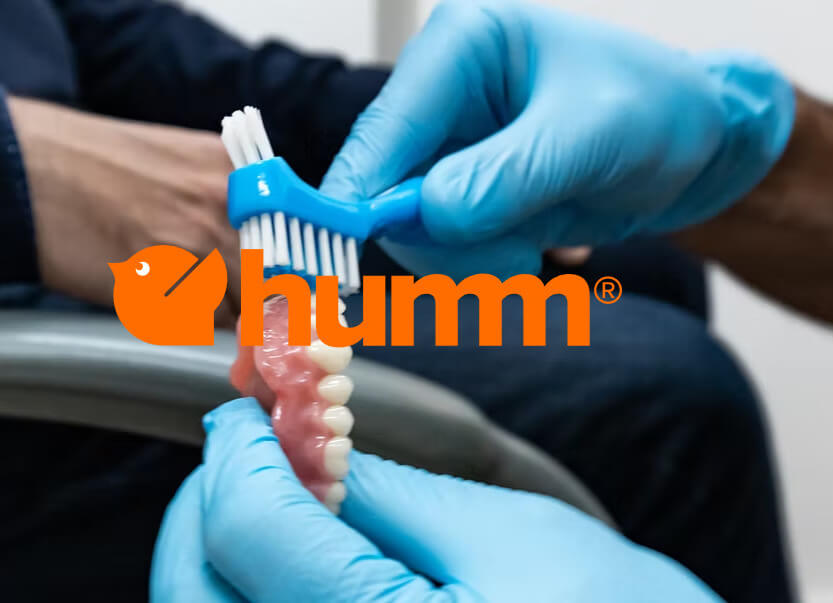We tend to think of dental care in terms of moments, check-ups, cleanings, and fillings. But your real dental health? It’s shaped in between.
Every day habits, done consistently, are what determine whether your teeth stay strong or start wearing down. And the truth is, brushing alone doesn’t cut it.
So let’s slow it down. If you’re looking to protect your teeth for the long haul, not just until your next appointment, these are the steps that matter most.
Brushing Is Basic, But Technique Is Everything
You’ve heard it before: brush twice a day. But how you brush matters more than how often.
Harsh scrubbing, stiff brushes, or abrasive toothpaste can wear away enamel over time, especially near the gumline. It’s one of the silent causes of tooth wear we see often. Patients don’t realise it until sensitivity kicks in, or the edges of their teeth look flatter than they used to.
Use a soft-bristled brush. Angle it gently toward the gumline. Use small circular motions. And don’t forget the back molars, they’re where plaque loves to hide.
If your technique needs a reset, we can walk you through it at your next visit. It’s one of the most overlooked fixes with the biggest return.
Don’t Just Floss for the Dentist
Flossing is easy to ignore until inflammation shows up between your teeth.
It’s not about removing food. It’s about breaking up plaque before it hardens. When you don’t floss, the bacteria between your teeth sit undisturbed for hours or days, and that’s when gum disease starts to take hold.
If you’re struggling to keep up with it consistently, try changing the tool, not the habit. Floss picks, interdental brushes, or even a water flosser can make it feel less like a chore and more like part of your actual routine.
Need a refresher? Our post on why flossing matters breaks down what happens when you skip it, beyond just bad breath.
Pay Attention to What Your Mouth Is Telling You
Small things like bleeding when you brush, bad breath that doesn’t go away, or teeth feeling “looser” than normal are all signs something’s not quite right.
Sometimes it’s diet. Sometimes it’s medication. Sometimes it’s early gum disease. But the key is not waiting for it to become urgent. Regular check-ups help us spot these issues before they escalate, but day-to-day awareness matters just as much.
If you’ve noticed signs of wear, inflammation, or recurring soreness, it’s worth looking into now, not later.
Saliva: The Unsung Hero
Dry mouth doesn’t sound serious. But saliva is your mouth’s natural buffer; it neutralises acids, helps wash away food particles, and keeps tissues hydrated.
When saliva production drops (from medications, stress, or dehydration), everything from decay to ulcers becomes more likely. If your mouth often feels dry, tacky, or you wake up thirsty even after a full night’s sleep, your teeth may already be feeling the effects.
Patients experiencing chronic dryness often benefit from a more tailored care plan. That might include changes in diet, saliva-boosting products, or adjustments to daily routines. We factor this into our approach when developing preventative care plans that support comfort as much as clinical health.
What You Eat Matters
Yes, sugar feeds plaque bacteria. But acidity matters just as much.
Sipping on soft drinks, wine, or even citrus water throughout the day keeps your enamel under constant attack. It doesn’t matter if the drink is “healthy” if it’s acidic, it still wears down the outer layer of your teeth.
Spacing out acidic foods and drinks, rinsing with water after, and avoiding brushing immediately afterwards can all help reduce the impact.
When we see patients with early signs of erosion, one of the first questions we ask is about diet. Because what feels like a harmless daily habit often isn’t.
What’s Next?
Brushing and flossing are just the beginning. Real dental care is about pattern, not perfection. It’s the small, consistent habits that keep bigger issues from showing up later.
At D3 Dental Clinic, we take the time to understand your full routine, not just what happens in the chair. Whether you’re dealing with sensitivity, wear, or want to make sure your habits are actually protecting your smile, we’re here to support you without judgment.
Book your free consultation today, and let’s build a care plan that works with your lifestyle, not against it.

